
Ginger Thorpe discusses how in-house specialty pharmacy models enhance patient care, streamline communication, and boost health system revenue amid rising demand.

Ginger Thorpe discusses how in-house specialty pharmacy models enhance patient care, streamline communication, and boost health system revenue amid rising demand.

Tucatinib enhances first-line maintenance therapy for HER2-positive metastatic breast cancer, improving progression-free survival and safety outcomes, as shown in the HER2CLIMB-05 trial.

Cell-cycle–focused CDK inhibitors offer new options for HR+/HER2– metastatic breast cancer after CDK4/6 resistance.
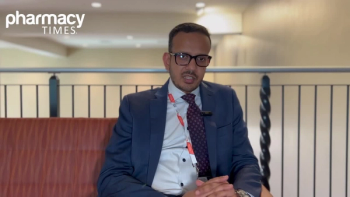
Pharmacists play a vital role in precision oncology, enhancing treatment decisions for metastatic breast cancer through genetic testing and targeted therapies.
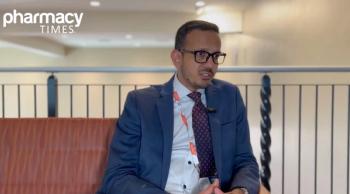
Pharmacists play a crucial role in improving BRCA testing rates for metastatic breast cancer, enhancing patient access to targeted therapies.

Allegheny General Hospital enhances pharmacy operations through centralized, robotics-enabled IV compounding, boosting efficiency and patient care.

Prescriber incentives boost nicotine replacement therapy prescribing and enhance patient access to smoking cessation support in health care settings.
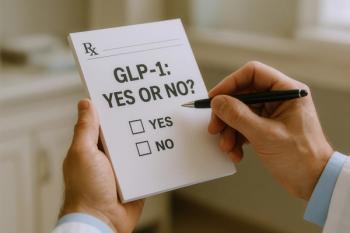
Pharmacists debate the effectiveness and ethics of GLP-1 agonists for pediatric obesity, highlighting the need for balanced treatment approaches.

Oral SERDs and combination therapies are redefining post-CDK4/6 treatment in HR+/HER2– metastatic breast cancer.
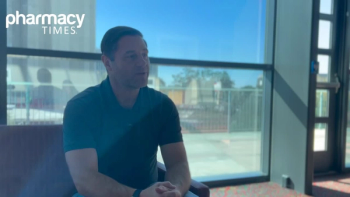
Explore innovative supplemental screening options for breast cancer, enhancing access and accuracy for women with dense breasts and inconclusive mammograms.

Discover how innovative imaging detection methods, including MRI and proteomics, enhance breast cancer screening and support pharmacists in patient care.

Pharmacy leaders navigate complex compliance challenges, budget constraints, and evolving technology to enhance safety and efficiency in compounding practices.

IV compounding robotics enhance safety, reduce drug shortages, and improve efficiency in hospital pharmacies, driving a shift towards automation.


Exploratory analysis shows 1 in 4 patients maintain a long-term response to ribociclib.
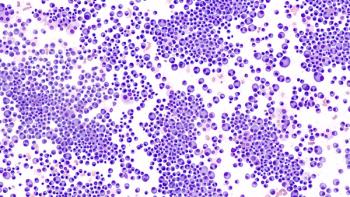
Teclistamab combined with daratumumab and hyaluronidase shows significant efficacy in relapsed multiple myeloma, potentially redefining treatment standards.

Pharmacists leverage sodium-glucose cotransporter 2 (SGLT2) inhibitors to improve interconnected cardiovascular-kidney-metabolic (CKM) syndrome outcomes through holistic, patient-centered care.

New long-term data reveal avapritinib's impressive efficacy and safety in advanced systemic mastocytosis.


Explore the advancements and challenges of allogeneic CAR T-cell therapies, including immune rejection and innovative engineering strategies for cancer treatment.

Specialty pharmacy services are helping improve IBD care by supporting patient education, access, and confidence in biosimilars

The Isa-VRd regimen shows consistent efficacy results across all age and frailty levels in patients with newly diagnosed multiple myeloma.

Pharmacists play a vital role in preventing maternal and neonatal mortality by understanding pregnancy-specific medication needs and emergency care strategies.

Fitusiran and concizumab are transforming treatment options and patient outcomes in hemophilia A and B with or without inhibitors.

Rural hospitals face a crisis, but pharmacists can expand services to alleviate the uninsured patient burden and enhance community health.
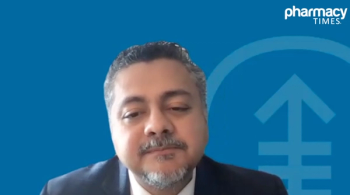
Multidisciplinary approaches are crucial in treating complex cancer patients, focusing on tailored therapies and symptom management strategies.
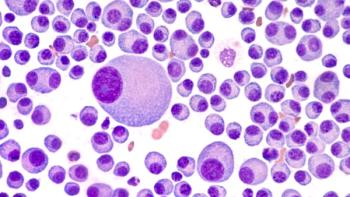
Pharmacists play a crucial role in optimizing CAR-T therapy outcomes by guiding bridging therapy decisions and enhancing patient safety through proactive collaboration.

Pharmacist-led refill authorizations enhance outpatient care, reduce physician burnout, and streamline pharmacy management in health systems, improving patient satisfaction.

Pharmacists enhance multiple myeloma care by managing cytokine release syndrome and advocating for safe vaccination strategies at ASH 2025.

Experts discuss the complexities of gene therapy for sickle cell disease, emphasizing patient support, psychosocial factors, and long-term care considerations.